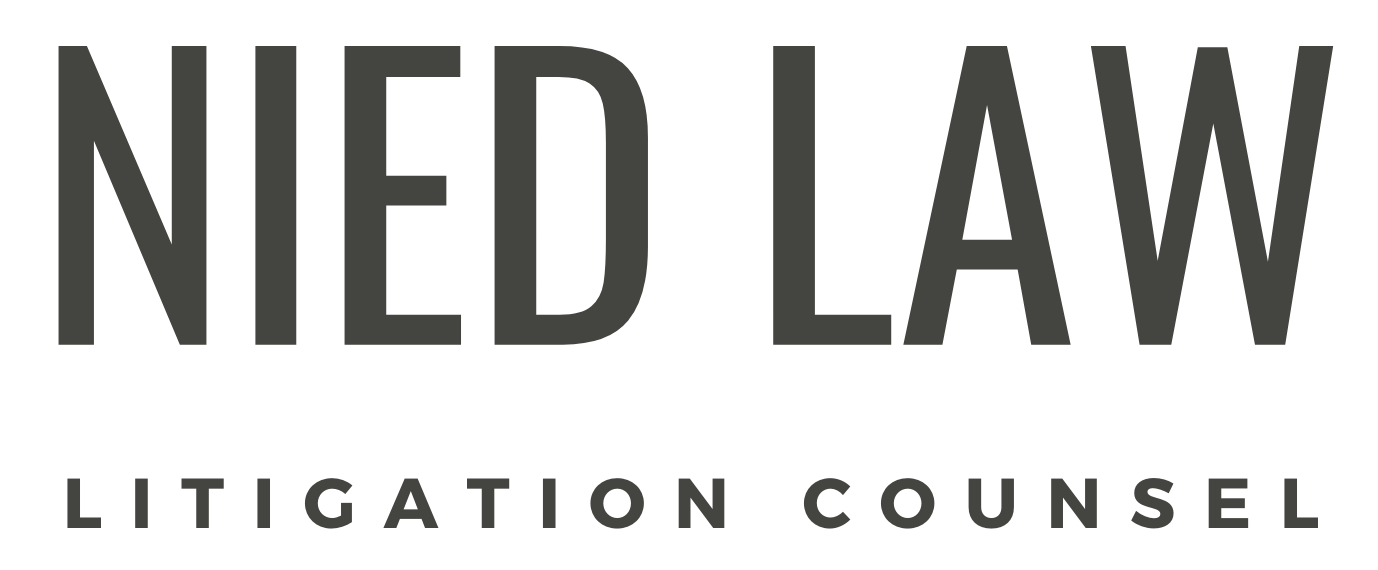The use of the internet as a tool in the commission of crime has given rise to new search and seizure issues. When individuals use the internet, their personal information may be transmitted to various online service providers, such as social networking websites, email service providers, and internet service providers. In many cases, online service providers impose terms of service agreements on their users which require them to agree to the disclosure of their personal information to the authorities for the purpose of criminal investigations. Recent decisions indicate that such terms of service agreements are a key factor in assessing the legality of warrantless disclosure in the internet context under s. 8 of the Canadian Charter of Rights and Freedoms.
These decisions may contribute to an erosion of privacy rights as the internet becomes increasingly central to daily life. Individuals use the internet to perform a variety of personal activities, including writing and receiving correspondence, storing personal files, and developing social networks. However, in order to use these increasingly vital services, individuals must trust their information to online service providers. In doing so, users often unknowingly subject themselves to non-negotiated terms of service agreements that may limit their privacy expectations. As computing trends fuel a migration of information from personal computers to remote servers controlled by online service providers, more of the public’s information may become exposed to warrantless seizure by the state. This article surveys the law, discusses the effect of terms of service agreements, and considers the privacy implications.
Read the full article here: “The Internet, Cloud Computing, and the Charter Right to Privacy: The Effect of Terms of Service Agreements on Reasonable Expectations of Privacy” (2011) 69:5 The Advocate (Magazine of the Vancouver Bar Association) 701. Also published in (2011) 12:5 Internet and E-Commerce Law in Canada 40.

Pingback: Law and Media Round Up – 3 October 2011 « Inforrm's Blog